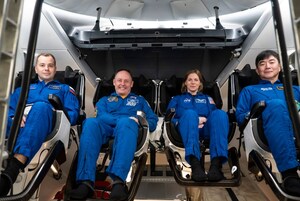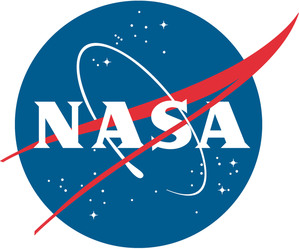
WASHINGTON, April 20, 2011 /PRNewswire-USNewswire/ -- NASA's History Program Office and the National Air and Space Museum's Division of Space History are hosting a joint symposium entitled "1961/1981: Key Moments in Human Spaceflight."
(Logo: http://photos.prnewswire.com/prnh/20081007/38461LOGO)
The symposium is April 26-27 in the James Webb Auditorium at NASA Headquarters, located at 300 E St. SW in Washington from 9 a.m. to 5 p.m. EDT. It is open to the public and news media.
The symposium reflects on 50 years of human spaceflight using 1961 and 1981 as starting points for broader investigation and insight. Leading historians and social scientists will address the rich history of human spaceflight marking four important anniversaries.
Three key events occurred in 1961: Yuri Gagarin became the first human to travel in space; Alan Shepard became the first American in space; and President John F. Kennedy gave his famous speech before Congress which started the Apollo program.
This conference also marks the 30th anniversary of STS-1, the first space shuttle mission which launched April 12, 1981. The 54-hour, 36-orbit test flight mission verified the shuttle's capabilities and ushered in a new era of exploration.
NASA Administrator Charles Bolden will open the symposium. Other speakers include the agency's Chief Historian Bill Barry, and Paul Ceruzzi, Roger Launius, and Michael Neufeld of the National Air and Space Museum's Division of Space History.
Keynote speakers include Michael F. Robinson of the University of Hartford, who will discuss "Lessons from the Last Frontier," and George C. Herring of the University of Kentucky on "The Cold War and Human Spaceflight."
For more information, agenda, to register or to view the symposium webcast, visit:
http://history.nasa.gov/1961-1981conf/index.html.
For information about NASA and agency programs, visit:
SOURCE NASA





Share this article